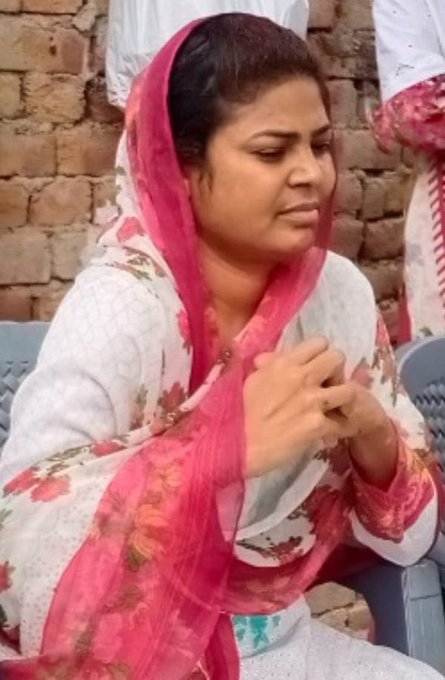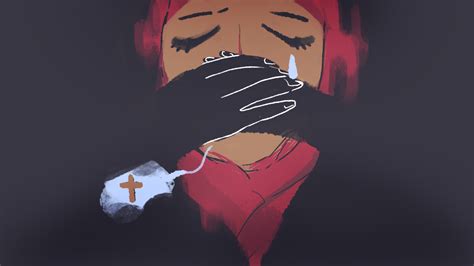In a heart-wrenching turn of events on Wednesday, August 7th, a Muslim mob in Pakistan descended upon Kathore village in Gojra tehsil, Faisalabad District, Punjab Province, targeting Saima Masih, a 32-year-old Christian mother of two. The mob, incited by accusations from Muhammad Haider that Saima had desecrated pages of the Quran, aimed to kill her for allegedly hurting Islamic religious sentiments, according to Akmal Bhatti, chairman of the Minorities Alliance Pakistan (MAP).
Bhatti recounted the horrifying scene, stating, “The mob would have lynched Saima if the police had not reached there on time and rescued her.” The violence did not end with Saima’s near-death experience; other Christian residents in the village were also attacked, forcing them to flee their homes and hide in the fields to save their lives.
Upon learning of the unfolding tragedy, Bhatti and his team made immediate efforts to reach the village. The village, home to approximately 30 to 35 Christian families, became a battleground of fear and violence. As news of the alleged blasphemy spread, a crowd of nearly 250-300 Muslims blocked the main highway in protest, refusing passage to anyone, further escalating the tension.
Bhatti revealed, “We contacted our sources in the village, and they informed us that the Muslims had beaten up some Christians, raising fears of violence against the community.” The presence of extremist Islamist groups amplified the already high tensions. As a result, the Catholic mother was arrested and charged, while her family was forced into hiding due to security fears.
This harrowing incident underscores the dire situation faced by religious minorities in Pakistan, where accusations of blasphemy can trigger uncontrollable violence, leaving families shattered and communities living in perpetual fear.
“Our sources in the village have told us that Saima denied desecrating the Quran,” Bhatti said, his voice laden with anguish. “She reportedly said that her neighbor, Haider, had asked her for an empty sack, which she gave him. However, after some time Haider returned with some other Muslims and accused her of placing defiled pages of the Quran in the sack, which she repeatedly denied.”

Bhatti added, that the allegation against Saima Masih, a Christian woman, could very well be rooted in a personal vendetta by her Muslim neighbors. The situation escalated as the Gojra Saddar police registered a First Information Report (FIR No. 924/24) against Masih under Section 295-B for desecrating the Quran, a charge carrying a maximum punishment of life imprisonment.
According to the complainant, Masih allegedly put defiled pages of the Quran in a sack in front of her home, discovered as Haider worked collecting scrap paper. “The police saved Saima’s life but registered a blasphemy case against her under the pressure of the mob, which is very unfair,” Bhatti said. “The poor woman will now have to suffer in prison for years while her two children will be deprived of her love and care.”
Bhatti’s despair deepened as he expressed his regret over the government’s inaction against the blatant abuse of the blasphemy laws. “The government’s failure to act against those who exploit these laws to incite violence is emboldening Muslim extremists,” he lamented.
In a voice filled with sorrow and urgency, he underscored the dire consequences of this inaction. “Saima’s unjust imprisonment will not only devastate her family but also send a chilling message to religious minorities across Pakistan. Her children will grow up without their mother’s love, all because of a heinous misuse of justice.”
The heartbreak in Bhatti’s words highlighted the grim reality faced by Saima Masih and many others like her, caught in the crossfire of religious intolerance and personal vendettas.
“Christians in Punjab are increasingly being targeted through blasphemy accusations, yet our state is not bothered at all,” Bhatti said. “If the state had properly prosecuted the accused involved in the Jaranwala incident and the lynching of Nazeer Masih Gill in Sargodha, we could have seen some change in the situation. But unfortunately, it seems all of this has some kind of official patronage, or our state is too weak to confront these extremist groups.”
